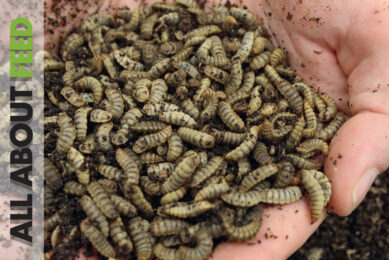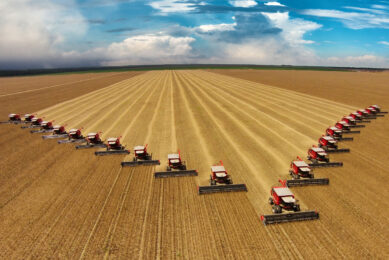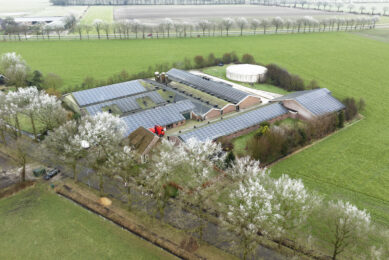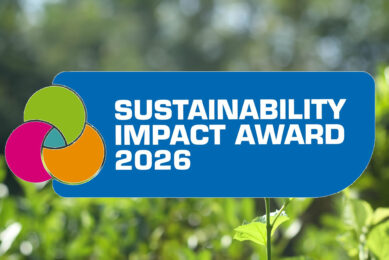Danes to start large-scale production mealworms
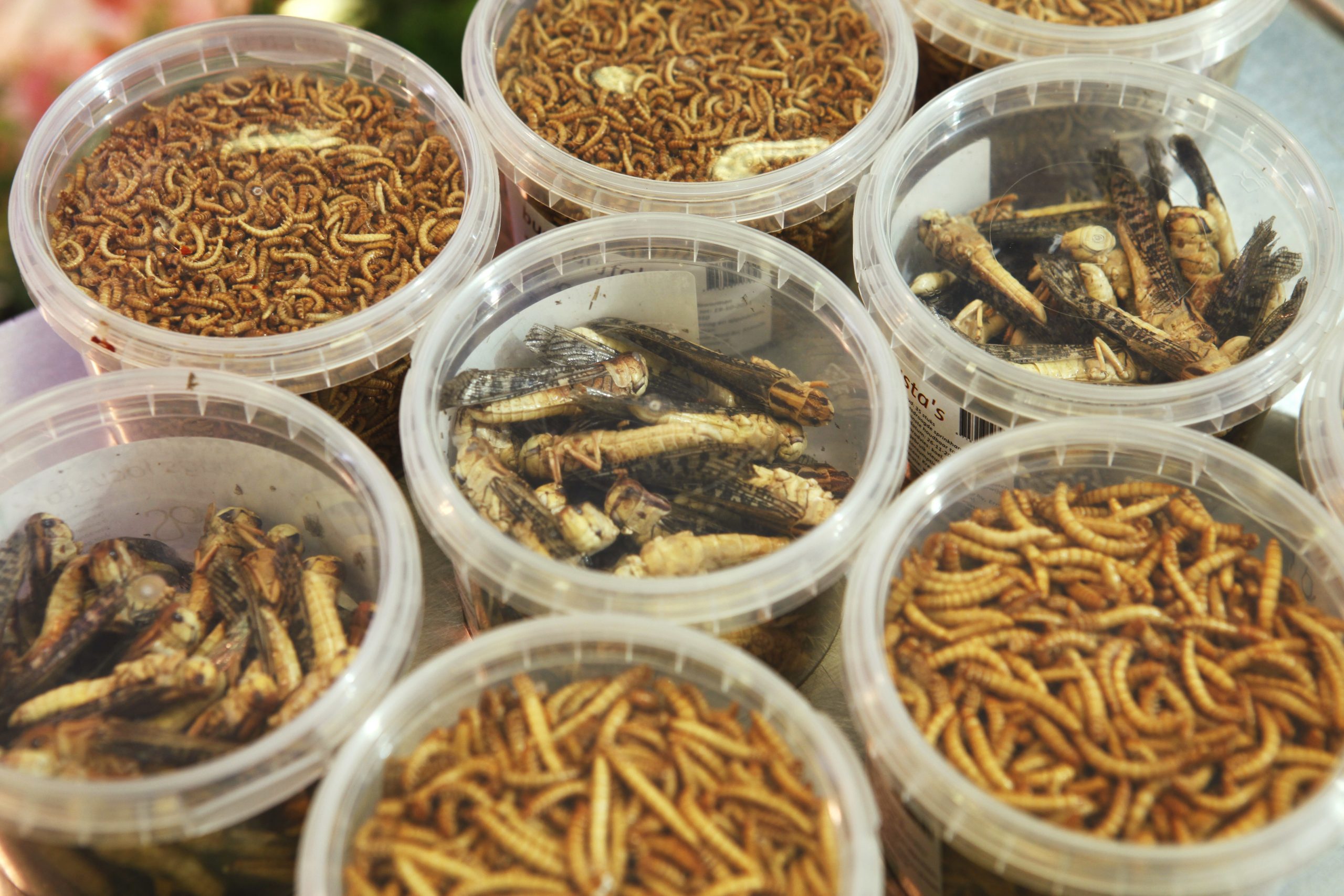
A new project from Aarhus University in Denmark and partners will look at the use of organic by-products and waste products to raise insects on a large scale.
The use of insects in animal feed is one potential solution to improve the sustainability of animal diets as insects can be an alternative for the currently (less sustainable) used proteins. The European Union recently permitted the use of insect meal in aquafeed. For other food producing animals, insect protein is not yet allowed, but hopefully will be in the near future. The application in human food has gained increased interest over the last years. Whole insects for human food consumption are sold in specialty shops or further processed in hamburgers for example. They are, however, still a niche product.
The new Danish project, named ‘inVALUABLE’ are trying to change that. The project, which has been granted 19 million DKK (€2.55 million) from Innovation Fund Denmark, has a goal to establish an industrial production of insects (mealworms) for feed and food, with an annual turnover of 200-300 million DKK (€26.9-40.3 million) and up to 200 related jobs.
Some companies already produce insect meal/oil on a commercial basis. Look at the global players.
How do pigs digest the mealworms?
In the Department of Animal Science at Aarhus University, Associate Professor Jan Værum Nørgaard will lead the part of the work that concerns the farm animals. He and his colleagues will evaluate mealworms as a potential food product for humans by investigating how pigs digest the larvae. The pigs will thus act as models for humans. The researchers will also investigate how mealworms affect the health and growth of young pigs.
All the latest news and articles on insect meal for animal feed can be read our special dossier.
Even though insects have lately been acknowledged as an environmentally-friendly and realistic alternative to well-known feedstuffs and food, the demand for them is still minimal. However, the Danish researchers do expect demand to increase significantly among consumers and animal farmers when the world will becomes in short supply of protein sources further down the road.
[Source: Aarhus University]




